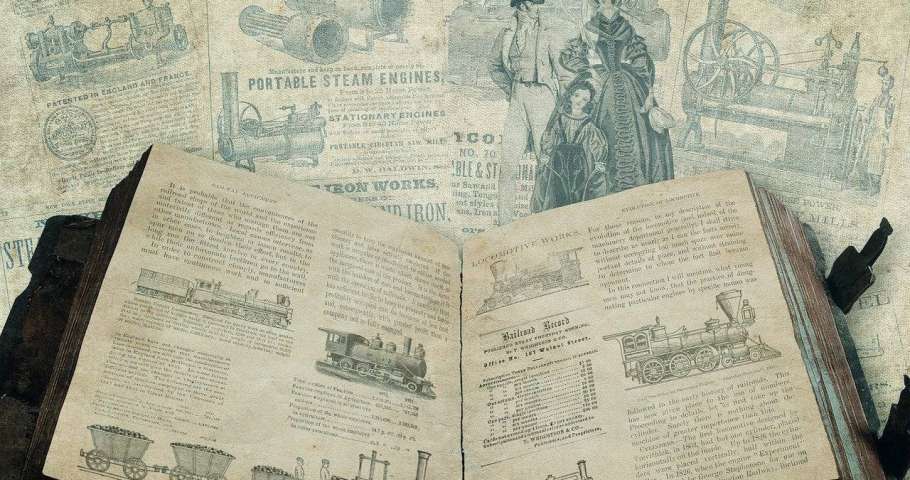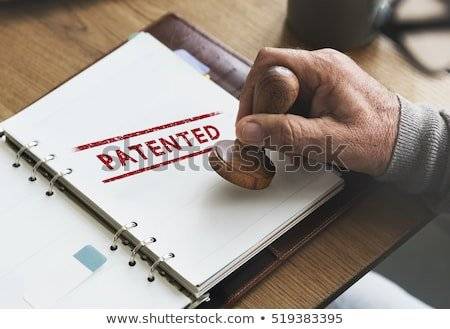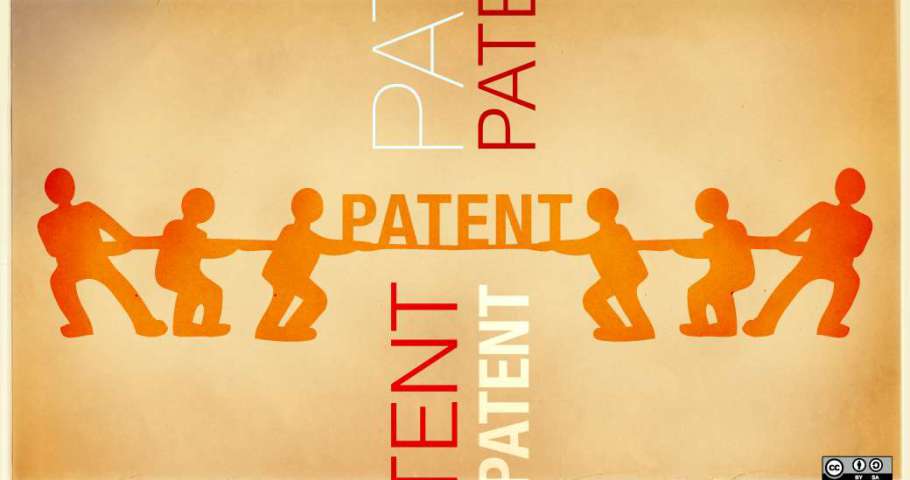Earlier this year, the USPTO published a patent application, filed by the American automaker Ford, for a new car that would give users an option to remove certain car parts and reassemble them into a bicycle. The invention titled as “Collapsible Bicycle” could become an important innovation in the field of future mobility. The publication discloses a bicycle that can be stored in the body of a vehicle. With the new proposal, the automobile giant is trying to solve the…






